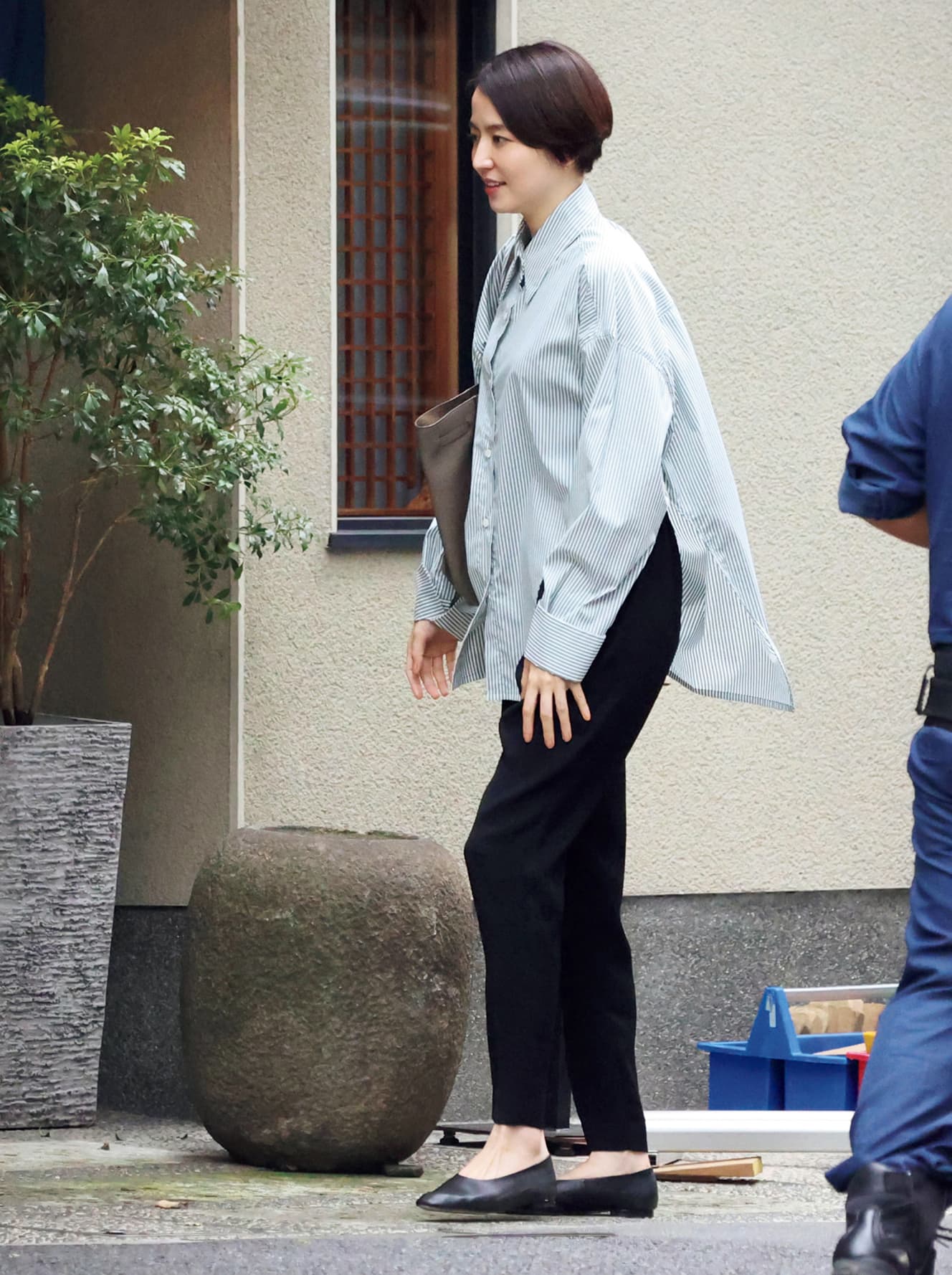Some stay in the field with executive treatment… “Behind-the-scenes” of transfer and independence of hotshot producers in the increasingly active “TV industry”.
The staff saw it! Weekly TV Insider's View

The drama “Elpis” (Kansai TV/Fuji TV), starring Masami Nagasawa (35), has been gaining recognition with each episode, ranking second in the latest Oricon Drama Satisfaction Ranking.
The story, which is based on an approach to a false accusation and exposes the backstage of a TV station, was so realistic that executives and news departments of affiliated Fuji Television stations complained about it,” said a senior executive of a commercial TV station.
The producer of the film, Ayumi Sano, came from TBS. In the past few years, producers have been actively moving to other stations or going freelance.
Sano launched the project for “Elpis” six years ago when he was at TBS. Despite the success of “99.9” and “Quartet,” he was transferred to the Overseas Business Department. When he was looking for a place where he could stick to the field and realize “Elpis,” Kansai Television apparently gave him a go-ahead, and he transferred to the station in 2008. In 2009, as a way of returning the favor, he produced the much-talked-about “Soyada and Watako and Their Three Former Husbands”” (TV magazine editor).
In “Elpis,” a young director (Go Atsushi Maeda) who proved a false accusation by revealing that eyewitness testimony was a lie is transferred to the accounting department. Later, he was forced to resign. A similar thing happened at Tulip TV, an affiliate of Sano’s old TBS station.
In 2004, Tulip Television’s news department investigated the illegal receipt of political activity expenses by the Toyama City Council. Fourteen city council members were forced to resign, and most of the news staff were transferred or left the company. Yukio Iokibe, who had been at the helm as a caster and reporter, also left the company in ’20, but when he moved to Ishikawa Television, he became the deputy director of the documentary production and news department. He is highly regarded for his spirit of undisciplined journalism, as seen in his work as director of “The Naked Village,” a film released in 2010 that depicts the mura-society of Ishikawa Prefecture’s administration.
Ryota Fujino, who was in charge of the Tsuki 9 dramas “Koinaka” and “I Love You,” and was expected to be a young ace of Fuji Television, left the company in 1919. He left Fuji Television in 2007 and is now working as a freelancer.
His work on “Oyasama no Musume” (Mainichi Broadcasting System), which he planned and produced, became a hot topic when it was distributed. I have the impression that the number of producers and staff who do not stick to terrestrial programs on key stations is increasing as an environment has been created in which high-quality dramas can be produced on less restrictive media such as local stations and online media,” said a production company director.
The background to the successive transfers and independence of producers is related to the increase in the number of TV workers who insist on a hands-on approach.
Kaji Rinzo of “Ametoke! Mr. Michizo Kaji of “Ametalk! Seiko Uchiyama of “Dr. X” was appointed as a director. At TV Asahi, there is a way to stay in the production site and still rise in the ranks, but most stations have to leave the site once they get on the career track. Nobuyuki Sakuma, creator of the popular variety show “Godtan,” left TV Tokyo because he chose the field over a career in management. The proliferation of video distribution media, which offer incentives based on the number of views, is also encouraging independence and transfers.
With talented TV people remaining in the field, television in Reiwa is likely to become more interesting.
From the January 20 and 27, 2023 issues of FRIDAY
PHOTO: Ken Sugawara